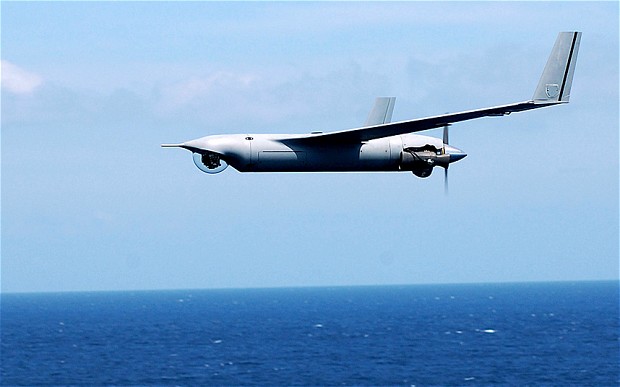
Moscow’s sovereignty over a chain of islands seized from Japan at the end of World War II is not up for debate, the Russian foreign minister has said after meeting his Japanese counterpart, adding that disagreements between the countries still obstruct the path to a peace deal.
The dispute over the islands, known as the Southern Kurils in Russia and the Northern Territories in Japan, has been a major obstacle in the face of a potential treaty to formally end the war.
“We’ve brought the attention of our friends from Japan to the fact that the questions of sovereignty over the islands are not being discussed. It is the Russian Federation’s territory,” Foreign Minister Sergey Lavrov told reporters on Monday following the talks in Moscow with Taro Kono.
“I won’t hide that we still have significant divergences. To start with, the positions were diametrically opposed and we have said this more than once,” he added.
Speaking at the start of the talks, Kono, the Japanese foreign minister, said the two countries needed to solve the territorial problem to set the stage for expanded economic and other ties.
Japanese Foreign Ministry spokesperson Takeshi Osuga said during a separate briefing in Moscow the two ministers had a “serious and frank exchange”. He would not comment on specifics and said Russian and Japanese diplomats would continue discussions on the issue.
 |
Setting stage for Putin-Abe meeting
Lavrov had warned during their meeting that Japan would be ill-advised to unilaterally fuel speculation without a final deal in place, according to a transcript of opening remarks.
“We must work on a peace treaty professionally, without trying to distort the agreements reached at any intermediary stage and without escalating divisive unilateral rhetoric in the public space,” Lavrov said during the meeting.
“But the political will of our leaders to fully normalise between Russia and Japan prompts us to activate this dialogue,” he said.
His comments appeared to reflect Moscow’s efforts to temper Japanese expectations of an imminent deal on the dispute over the islands, which were seized by the Soviet army in the final days of World War II.
They also set a tough stage for Japanese Prime Minister Shinzo Abe’s trip to Moscow for peace treaty negotiations with Russian President Vladimir Putin next week.
Abe has recently expressed hope that this year will mark a breakthrough in solving the dispute and spoke about an imminent change in the islands’ status – remarks that angered Moscow.
Regional focus
The disputed Kuril islands, one of which lies less than 10km from Japan’s Hokkaido, consist of Kunashir, Iturup, Shikotan and Habomai. Three are inhabited while Habomai is a group of islets with only the presence of a border patrol.
Putin and Abe agreed in November to accelerate negotiations based on a 1956 Soviet proposal to return two of the islands to Japan, but Lavrov’s sombre tone on Monday indicated that Japanese expectations of a quick breakthrough were premature.
After his talks with Kono, the Russian diplomat said he also drew his counterpart’s attention to a statement by Abe’s political aide suggesting that solving the territorial dispute with Russia would help efforts by Japan and the United States to deter China.
Lavrov called the statement “outrageous”, adding that it raised new questions about the independence of Japanese foreign policy.
“We wondered whether Japan could be independent given such reliance on the US and we were told that Japan would act proceeding from its national interests,” Lavrov said. “We would like to hope it will indeed be so.”
He said the Soviet Union proposed returning the two islands to Japan before Tokyo struck a military alliance with the US in 1960.
Lavrov noted that Russia remains concerned about the US military buildup in the Pacific, including the deployment of US missile defence components that he said create security risks for Russia and China.
SOURCE:
Al Jazeera and news agencies












